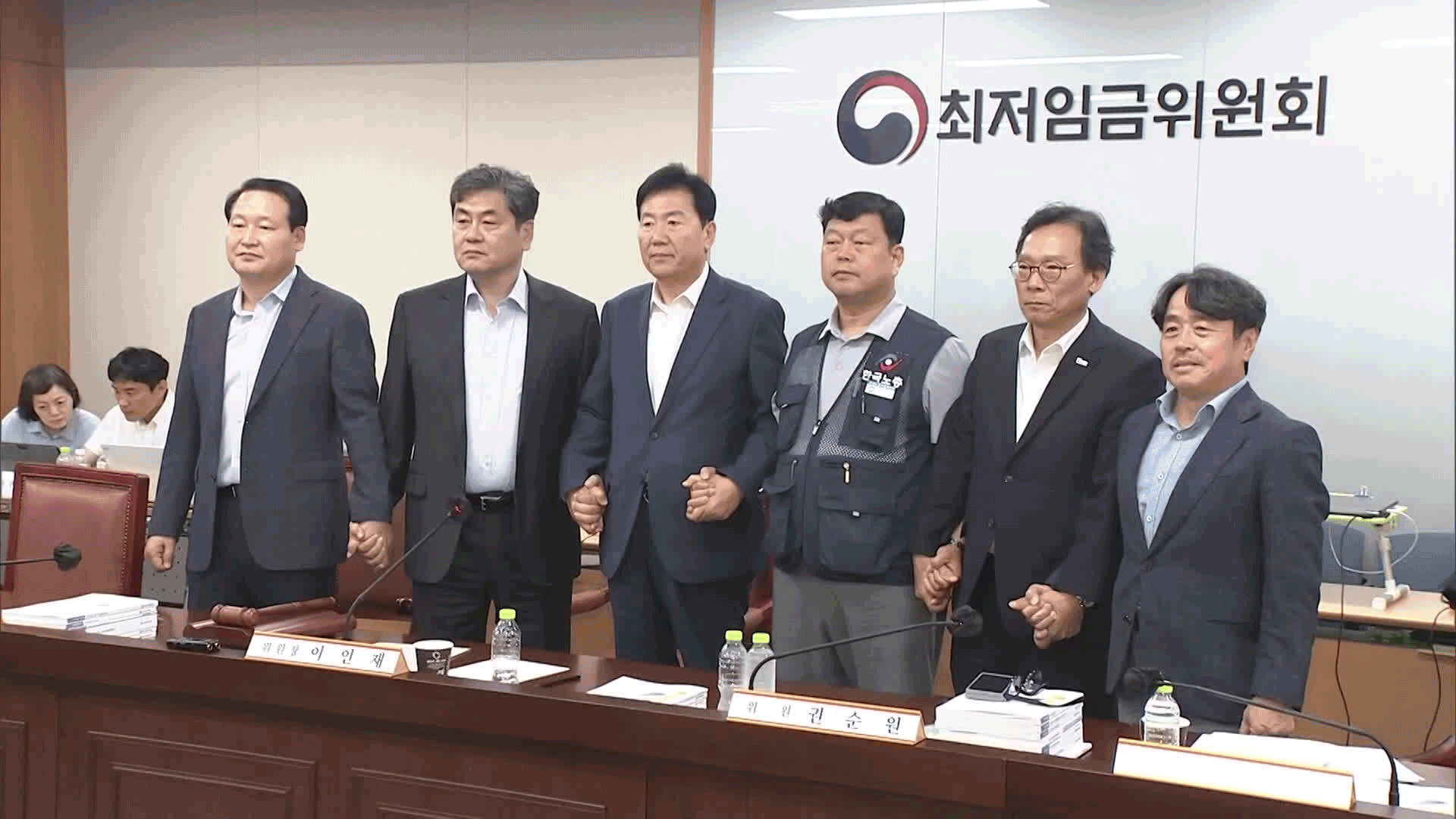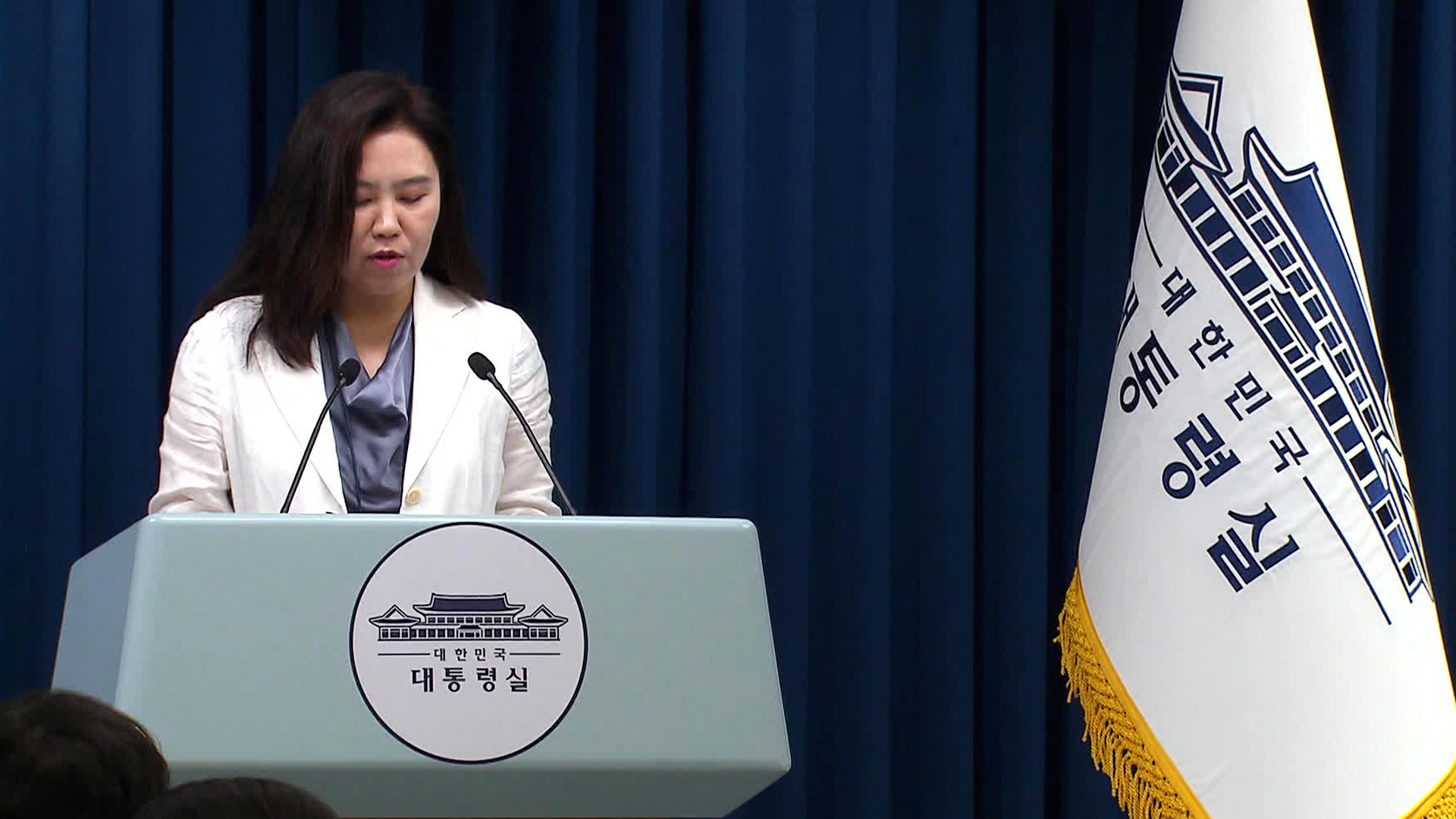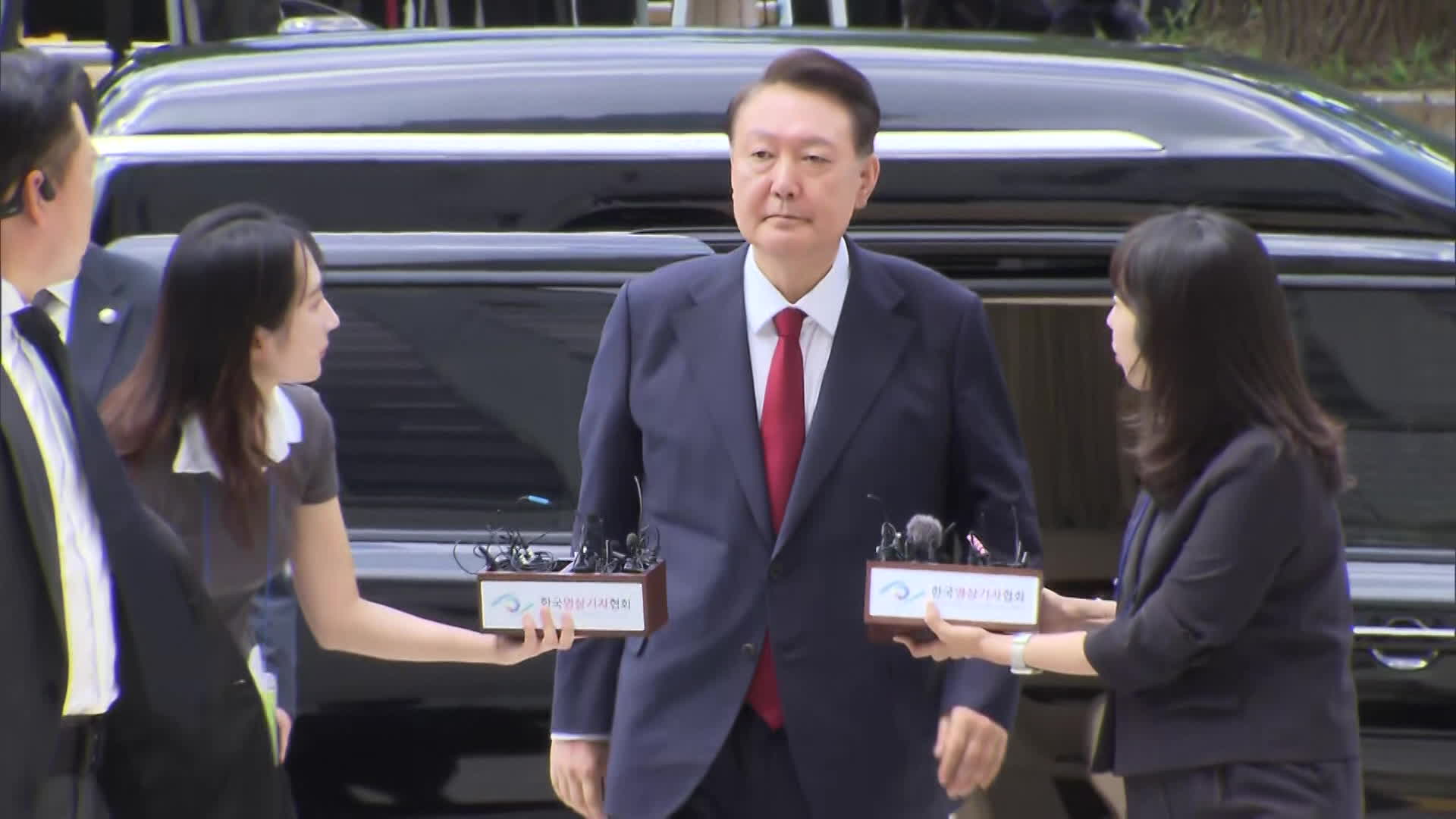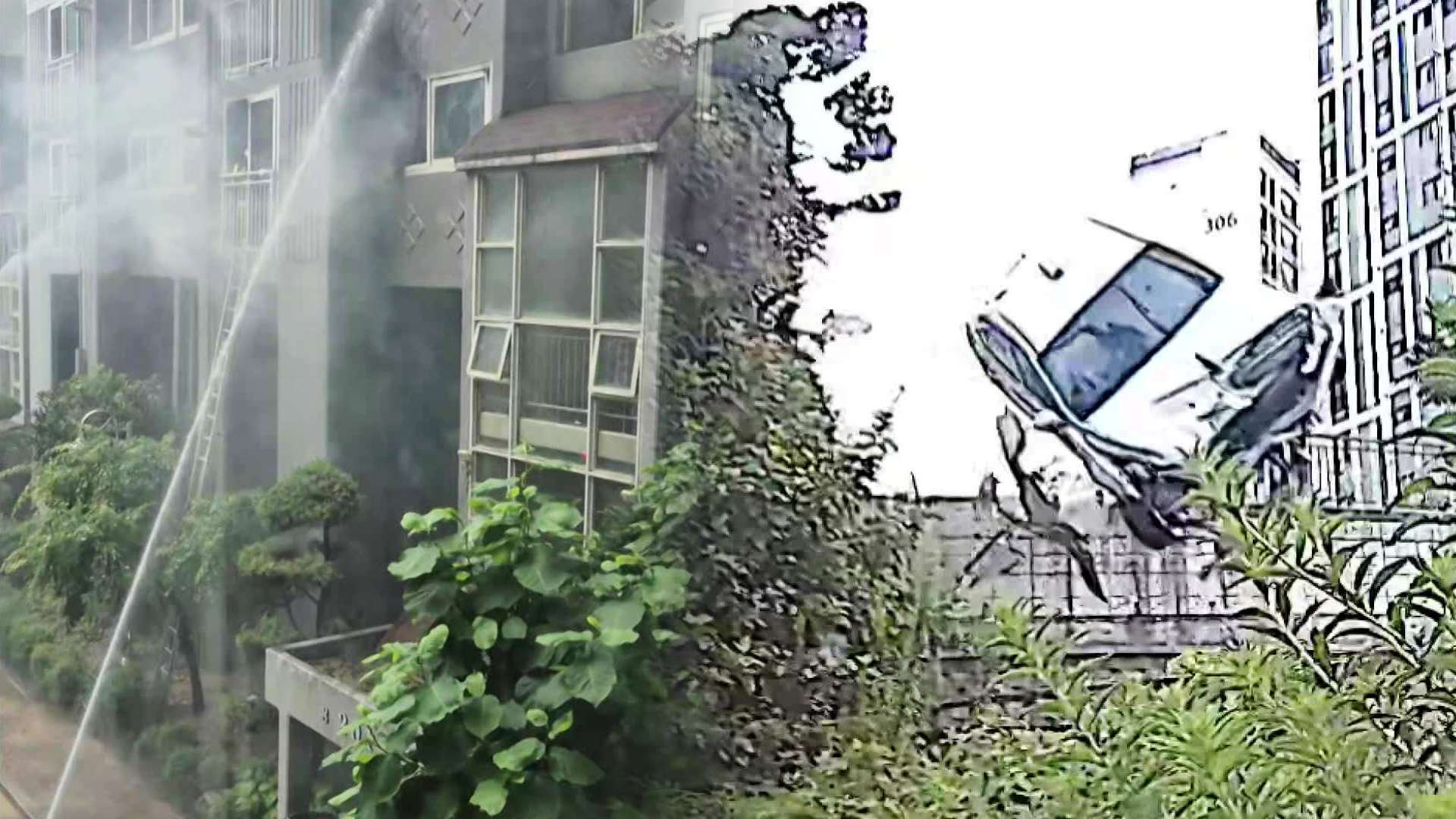[Anchor]
The current minimum wage of 10,000 won per hour will be raised to 10,320 won next year.
The 2.9% increase in the minimum wage was decided late last night (7.10).
In monthly terms, that’s about 2,156,880 won.
The labor side had initially demanded a 14% increase, while the business sector argued for a wage freeze. After several rounds of meetings without agreement, the public interest members of the Minimum Wage Commission proposed a compromise of a 1.8% to 4.1% increase.
An agreement was finally reached within that range.
This is the first time in 17 years that the minimum wage has been set through a negotiated agreement rather than a vote.
However, the Korean Confederation of Trade Unions (KCTU) walked out of the meeting, refusing to participate in the agreement, saying the proposed increase was far too low.
Nearly 3 million workers are expected to be affected by the new minimum wage.
Our reporter Park Kyung-joon looked into the broad impact this will have on both small business owners and workers.
[Report]
This year's minimum wage increase for next year is the lowest ever decided in the first year of a new administration.
Compared to the past 20 years, when first-year increases under previous governments were never below 5%, this figure stands out.
Some are calling it the end of the “minimum wage honeymoon” traditionally seen in a government’s first year.
Analysts say the focus was primarily on the struggles of small business owners and the self-employed.
Still, many small businesses say even this increase is a burden.
[Franchise restaurant owner: “Because of labor costs, I had to reduce staff because business is not doing well also. One person. So now I just fill in myself when it gets busy.”]
[Kye Sang-hyuk/President, Korea Convenience Store Franchise Association: “As minimum wages rise, costs go up but small business owners don’t see a matching increase in income. That’s why so many shops are closing.”]
On the other hand, workers who earn close to the minimum wage had a completely different reaction.
[Cafe worker: “You usually work at least five or six hours a day. Wherever you work. But you still have to buy meals, coffee, but this wage only barely covers the essentials like food, shelter, and clothes.”]
[Convenience store worker/Voice altered: “This doesn’t even keep up with inflation. So even if it goes up, it actually feels like a pay cut.”]
An estimated 2.9 million workers are directly affected by the minimum wage.
Even for workers in industries classified as special employment types—who are not covered by the minimum wage— the minimum wage increase rate is still important.
[Lee Dae-geun/Vice Chairman, Rider Union: “When the minimum wage is set, they don’t pay more than that. They give you exactly that amount, so the minimum wage really needs to go up significantly…”]
Some argue the system itself is becoming irrelevant, pointing out that employers already pay more than the minimum just to secure workers.
[Song Yo-seop/Restaurant Owner, 41 years in business: “I already pay more than the minimum wage anyway. Maybe it’s better if each business sets wages based on what they can afford.”]
There are growing calls for reform of the current minimum wage setting system, which many say only fuels conflict between low-income workers and struggling small businesses—pitting the powerless against each other.
This is Park Kyung-joon, KBS News.
The current minimum wage of 10,000 won per hour will be raised to 10,320 won next year.
The 2.9% increase in the minimum wage was decided late last night (7.10).
In monthly terms, that’s about 2,156,880 won.
The labor side had initially demanded a 14% increase, while the business sector argued for a wage freeze. After several rounds of meetings without agreement, the public interest members of the Minimum Wage Commission proposed a compromise of a 1.8% to 4.1% increase.
An agreement was finally reached within that range.
This is the first time in 17 years that the minimum wage has been set through a negotiated agreement rather than a vote.
However, the Korean Confederation of Trade Unions (KCTU) walked out of the meeting, refusing to participate in the agreement, saying the proposed increase was far too low.
Nearly 3 million workers are expected to be affected by the new minimum wage.
Our reporter Park Kyung-joon looked into the broad impact this will have on both small business owners and workers.
[Report]
This year's minimum wage increase for next year is the lowest ever decided in the first year of a new administration.
Compared to the past 20 years, when first-year increases under previous governments were never below 5%, this figure stands out.
Some are calling it the end of the “minimum wage honeymoon” traditionally seen in a government’s first year.
Analysts say the focus was primarily on the struggles of small business owners and the self-employed.
Still, many small businesses say even this increase is a burden.
[Franchise restaurant owner: “Because of labor costs, I had to reduce staff because business is not doing well also. One person. So now I just fill in myself when it gets busy.”]
[Kye Sang-hyuk/President, Korea Convenience Store Franchise Association: “As minimum wages rise, costs go up but small business owners don’t see a matching increase in income. That’s why so many shops are closing.”]
On the other hand, workers who earn close to the minimum wage had a completely different reaction.
[Cafe worker: “You usually work at least five or six hours a day. Wherever you work. But you still have to buy meals, coffee, but this wage only barely covers the essentials like food, shelter, and clothes.”]
[Convenience store worker/Voice altered: “This doesn’t even keep up with inflation. So even if it goes up, it actually feels like a pay cut.”]
An estimated 2.9 million workers are directly affected by the minimum wage.
Even for workers in industries classified as special employment types—who are not covered by the minimum wage— the minimum wage increase rate is still important.
[Lee Dae-geun/Vice Chairman, Rider Union: “When the minimum wage is set, they don’t pay more than that. They give you exactly that amount, so the minimum wage really needs to go up significantly…”]
Some argue the system itself is becoming irrelevant, pointing out that employers already pay more than the minimum just to secure workers.
[Song Yo-seop/Restaurant Owner, 41 years in business: “I already pay more than the minimum wage anyway. Maybe it’s better if each business sets wages based on what they can afford.”]
There are growing calls for reform of the current minimum wage setting system, which many say only fuels conflict between low-income workers and struggling small businesses—pitting the powerless against each other.
This is Park Kyung-joon, KBS News.
■ 제보하기
▷ 카카오톡 : 'KBS제보' 검색, 채널 추가
▷ 전화 : 02-781-1234, 4444
▷ 이메일 : kbs1234@kbs.co.kr
▷ 유튜브, 네이버, 카카오에서도 KBS뉴스를 구독해주세요!
- Minimum wage up 2.9%
-
- 입력 2025-07-12 00:06:27

[Anchor]
The current minimum wage of 10,000 won per hour will be raised to 10,320 won next year.
The 2.9% increase in the minimum wage was decided late last night (7.10).
In monthly terms, that’s about 2,156,880 won.
The labor side had initially demanded a 14% increase, while the business sector argued for a wage freeze. After several rounds of meetings without agreement, the public interest members of the Minimum Wage Commission proposed a compromise of a 1.8% to 4.1% increase.
An agreement was finally reached within that range.
This is the first time in 17 years that the minimum wage has been set through a negotiated agreement rather than a vote.
However, the Korean Confederation of Trade Unions (KCTU) walked out of the meeting, refusing to participate in the agreement, saying the proposed increase was far too low.
Nearly 3 million workers are expected to be affected by the new minimum wage.
Our reporter Park Kyung-joon looked into the broad impact this will have on both small business owners and workers.
[Report]
This year's minimum wage increase for next year is the lowest ever decided in the first year of a new administration.
Compared to the past 20 years, when first-year increases under previous governments were never below 5%, this figure stands out.
Some are calling it the end of the “minimum wage honeymoon” traditionally seen in a government’s first year.
Analysts say the focus was primarily on the struggles of small business owners and the self-employed.
Still, many small businesses say even this increase is a burden.
[Franchise restaurant owner: “Because of labor costs, I had to reduce staff because business is not doing well also. One person. So now I just fill in myself when it gets busy.”]
[Kye Sang-hyuk/President, Korea Convenience Store Franchise Association: “As minimum wages rise, costs go up but small business owners don’t see a matching increase in income. That’s why so many shops are closing.”]
On the other hand, workers who earn close to the minimum wage had a completely different reaction.
[Cafe worker: “You usually work at least five or six hours a day. Wherever you work. But you still have to buy meals, coffee, but this wage only barely covers the essentials like food, shelter, and clothes.”]
[Convenience store worker/Voice altered: “This doesn’t even keep up with inflation. So even if it goes up, it actually feels like a pay cut.”]
An estimated 2.9 million workers are directly affected by the minimum wage.
Even for workers in industries classified as special employment types—who are not covered by the minimum wage— the minimum wage increase rate is still important.
[Lee Dae-geun/Vice Chairman, Rider Union: “When the minimum wage is set, they don’t pay more than that. They give you exactly that amount, so the minimum wage really needs to go up significantly…”]
Some argue the system itself is becoming irrelevant, pointing out that employers already pay more than the minimum just to secure workers.
[Song Yo-seop/Restaurant Owner, 41 years in business: “I already pay more than the minimum wage anyway. Maybe it’s better if each business sets wages based on what they can afford.”]
There are growing calls for reform of the current minimum wage setting system, which many say only fuels conflict between low-income workers and struggling small businesses—pitting the powerless against each other.
This is Park Kyung-joon, KBS News.
The current minimum wage of 10,000 won per hour will be raised to 10,320 won next year.
The 2.9% increase in the minimum wage was decided late last night (7.10).
In monthly terms, that’s about 2,156,880 won.
The labor side had initially demanded a 14% increase, while the business sector argued for a wage freeze. After several rounds of meetings without agreement, the public interest members of the Minimum Wage Commission proposed a compromise of a 1.8% to 4.1% increase.
An agreement was finally reached within that range.
This is the first time in 17 years that the minimum wage has been set through a negotiated agreement rather than a vote.
However, the Korean Confederation of Trade Unions (KCTU) walked out of the meeting, refusing to participate in the agreement, saying the proposed increase was far too low.
Nearly 3 million workers are expected to be affected by the new minimum wage.
Our reporter Park Kyung-joon looked into the broad impact this will have on both small business owners and workers.
[Report]
This year's minimum wage increase for next year is the lowest ever decided in the first year of a new administration.
Compared to the past 20 years, when first-year increases under previous governments were never below 5%, this figure stands out.
Some are calling it the end of the “minimum wage honeymoon” traditionally seen in a government’s first year.
Analysts say the focus was primarily on the struggles of small business owners and the self-employed.
Still, many small businesses say even this increase is a burden.
[Franchise restaurant owner: “Because of labor costs, I had to reduce staff because business is not doing well also. One person. So now I just fill in myself when it gets busy.”]
[Kye Sang-hyuk/President, Korea Convenience Store Franchise Association: “As minimum wages rise, costs go up but small business owners don’t see a matching increase in income. That’s why so many shops are closing.”]
On the other hand, workers who earn close to the minimum wage had a completely different reaction.
[Cafe worker: “You usually work at least five or six hours a day. Wherever you work. But you still have to buy meals, coffee, but this wage only barely covers the essentials like food, shelter, and clothes.”]
[Convenience store worker/Voice altered: “This doesn’t even keep up with inflation. So even if it goes up, it actually feels like a pay cut.”]
An estimated 2.9 million workers are directly affected by the minimum wage.
Even for workers in industries classified as special employment types—who are not covered by the minimum wage— the minimum wage increase rate is still important.
[Lee Dae-geun/Vice Chairman, Rider Union: “When the minimum wage is set, they don’t pay more than that. They give you exactly that amount, so the minimum wage really needs to go up significantly…”]
Some argue the system itself is becoming irrelevant, pointing out that employers already pay more than the minimum just to secure workers.
[Song Yo-seop/Restaurant Owner, 41 years in business: “I already pay more than the minimum wage anyway. Maybe it’s better if each business sets wages based on what they can afford.”]
There are growing calls for reform of the current minimum wage setting system, which many say only fuels conflict between low-income workers and struggling small businesses—pitting the powerless against each other.
This is Park Kyung-joon, KBS News.
-
-

박경준 기자 kjpark@kbs.co.kr
박경준 기자의 기사 모음
-
이 기사가 좋으셨다면
-
좋아요
0
-
응원해요
0
-
후속 원해요
0















이 기사에 대한 의견을 남겨주세요.